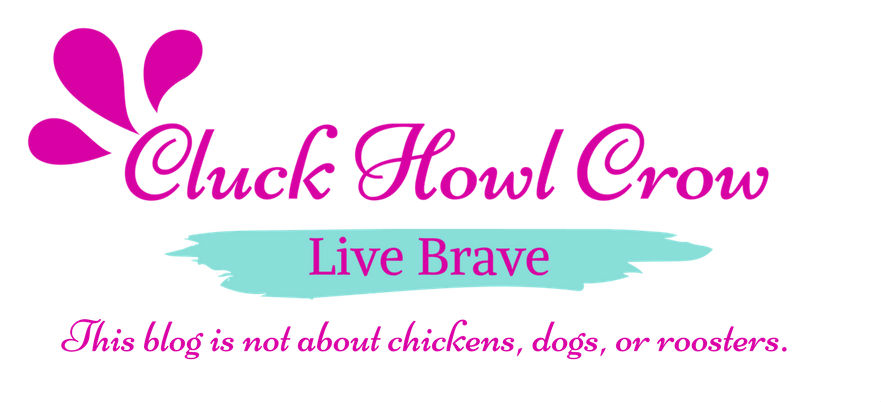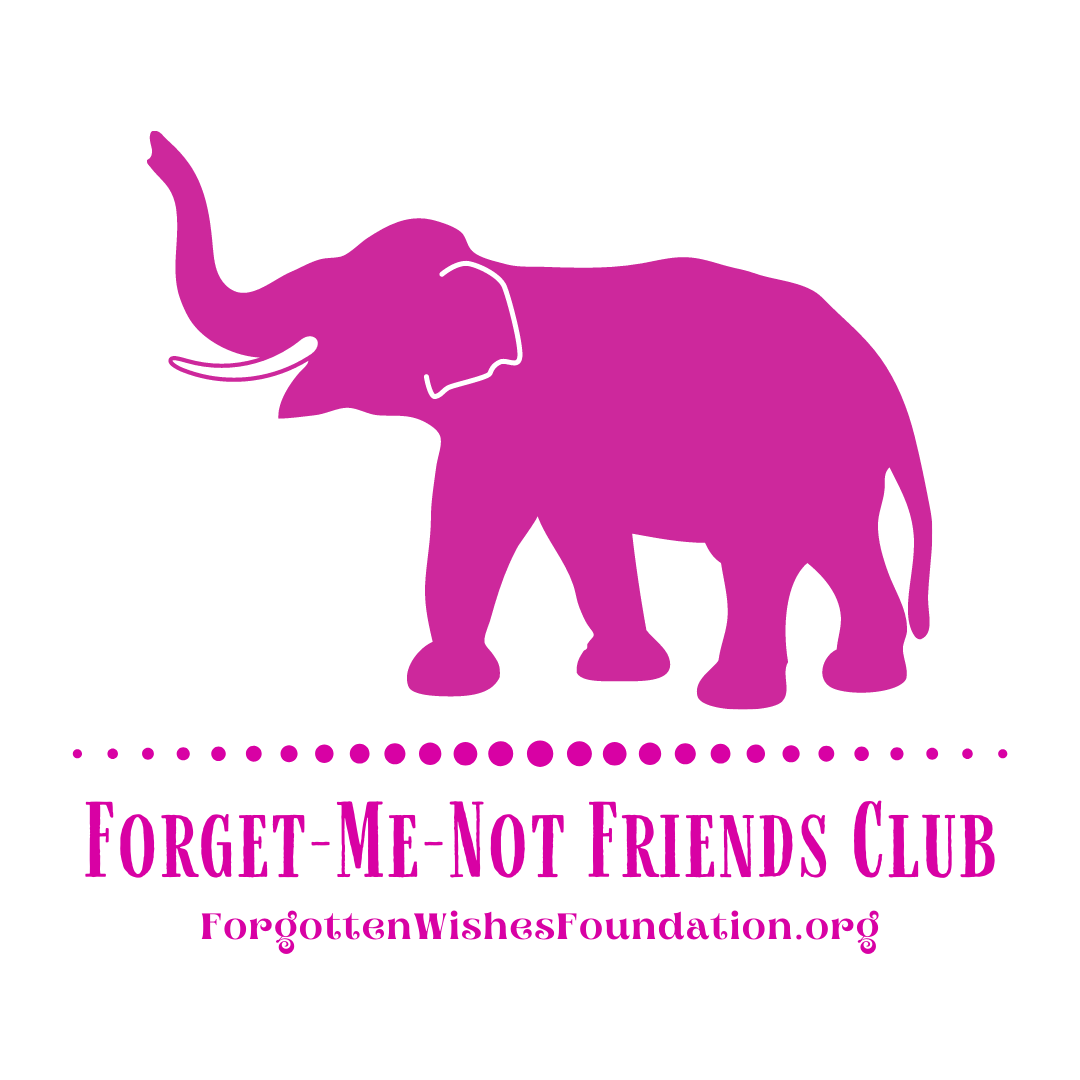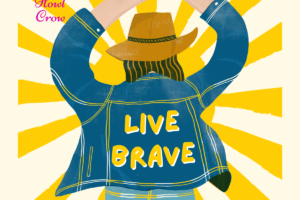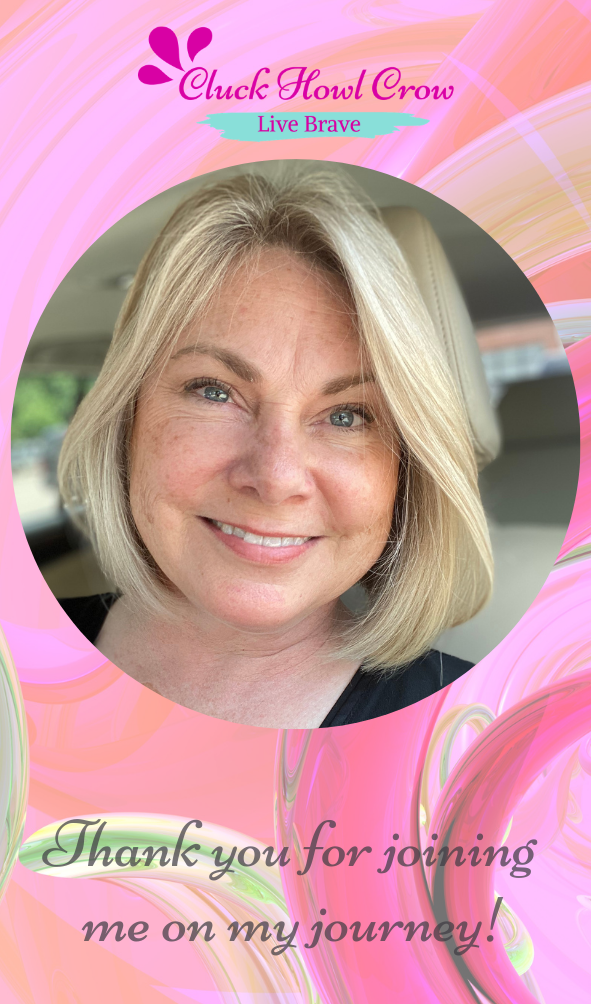Rolling Out 2021
The word of the month for January was new. I could have selected the word “change,” but that is a constant and not new. Here is a list of some of the newness in my house.
- A newly retired husband.
- A new home for Lindsey.
- A new pet snake for Luke.
- A new mission for Lisa.
- A new nonprofit organization.
Did you stop and gasp at the pet snake? Luke worked to earn his beloved corn snake he named Mars. I had to work for months to overcome my fear of snakes to have this guy in our house. Animal Ark is our local pet store that specializes in reptiles and amphibians. The owner is gracious and helped me get comfortable with the idea of a five-foot-long corn snake in my house for many months of visiting the store. Luke has to feed a mouse to the snake soon. We will see how I do with that bit of newness!
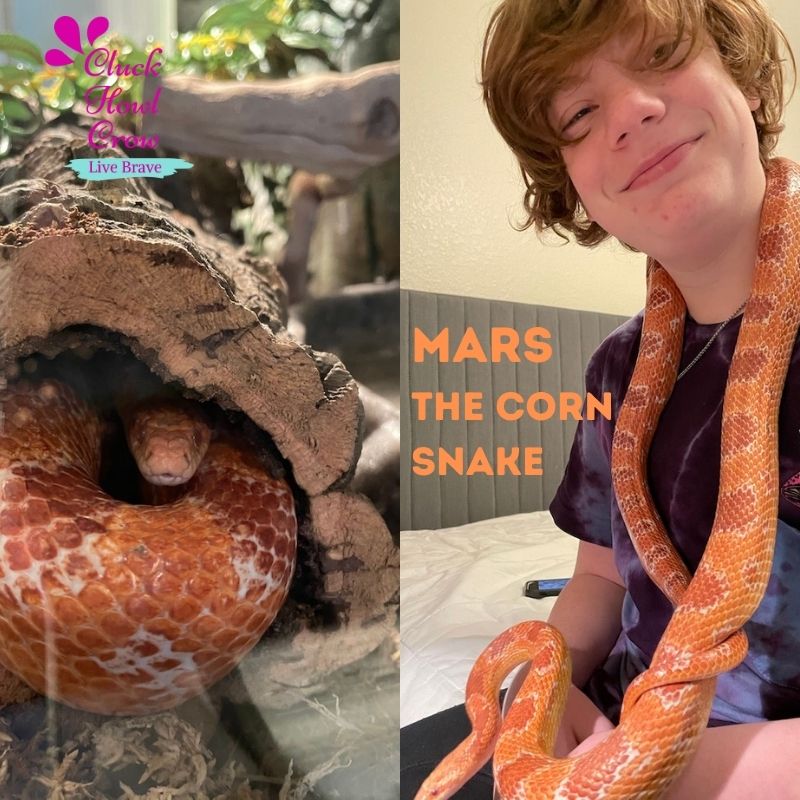
Lindsey is in the middle of a tremendous change. We brought Lindsey home from her assisted living facility in October. The confining rules the state put in place due to the Coronavirus were causing too much distress. The plan was to wait out the Coronavirus, and then she could move back to the assisted living facility. While we were waiting, we found an organization starting a private group home in our community. This kind of supported living arrangement has different regulations regarding the resident’s activities during the pandemic. Lindsey can work, have visitors, and come home for a visit. She moved in the first week of January. This change in residence is a scary thing for me because there is less direct care.
The effect on Lindsey has been astonishing. She is less anxious than I have seen her in a long time. This seems counter-intuitive to me since this is a much more independent living situation. She has more self-care responsibility and housework in this setting with less attendant care. But the freedom to make her own choices has expanded, and I think that is the key to her contentment. I suppose that is what we all desire, to be able to make our own choices.
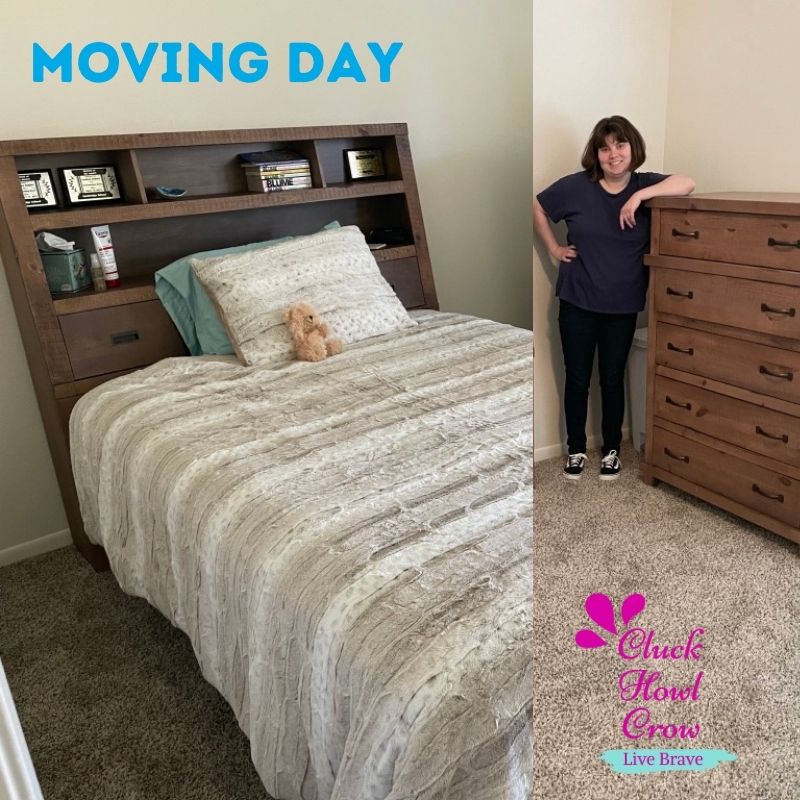
Retirement and a New Mission
My husband, Robert, has also come to a time and place in his life where he has more freedom. After thirty-four years of service to his company, he retired on January 1st. The Coronavirus stay-at-home orders gave us a trial run of what it would be like to have everyone in the house all of the time. I’m so happy that it will continue even when the pandemic is over! Robert still has more to give professionally. It will be exciting to see what happens next in his career!
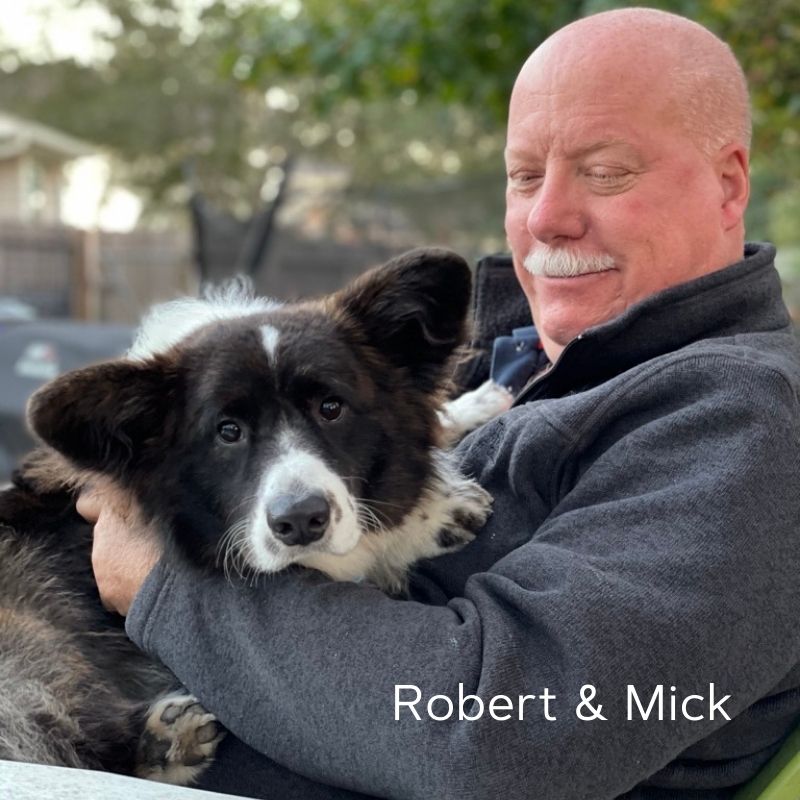
At the end of September last year, I left my role as the Marketing & Development Director of a local nonprofit serving people with special needs. Luke and Lindsey were struggling in their environments. This strife showed itself with meltdowns, challenging behavior, and increased anxieties. I needed to refocus my attention at home.
Being the parents of two children with disabilities during a worldwide pandemic generates its fair share of conflicts. It also gives us a unique perspective into a community that is continually overlooked and marginalized.
Let me share a few facts with you about the disability community.
- After the age of 21, there are no federal or state-mandated services required to provide care or support to people with a disability. Before the age of 21, the primary burden falls on school districts through the IDEA (Individuals with Disabilities Education Act). There is little regulation on how the school districts accomplish this. It varies significantly by state, and it is up to parents and legal guardians to advocate for their child’s needs. Parents must often rely on well-meaning but uninformed administrations who are struggling with decreasing budgets and little training.
- The average national wait time for people who have applied to receive services for attendant care or residential placement is over seven years. In Texas, the average wait time now is over twelve years. Lindsey has been waiting thirteen years on the “interest list” and has only received partial attendant care and Medicaid for her medical expenses. Registration is not automatic because the individual has a disability. They must be applied for and updated regularly, or you can be removed “from the list.”
- It takes an extraordinary amount of advocacy and fortitude to find benefits, care, and services, for someone with a disability. This work falls on the shoulders of the parent or guardian. The work continues to ensure the services provided to the person with the disability are not being neglected, and they are not taken advantage of in any way.
- Over 40% of adults with a disability do not have a loved one or friend who can advocate for them. This also means no family or friend will remember them on special occasions like their birthday or holidays.
- When someone is declared incapacitated by the state, in most cases, they lose their right to vote.
Understanding More About The Disability Community
These five statements should help you understand why people with disabilities are the most marginalized population in our country. Last year, I found the fourth statistic while researching the needs of people with disabilities during the pandemic. It wasn’t like I hadn’t seen or experienced this personally over the years. There were residents in the facilities where Lindsey lived that experienced this. But 40% is a far-reaching number, and it added a level of gravity to the way Robert and I looked at the situation. In every facility that we have encountered, staff and caregivers are overburdened and underpaid. There is no way that those caregivers can take the place of a family member or friend who is engaged in supporting a loved one’s care and being a touchpoint in their life.
The Coronavirus pandemic generated a heightened level of loneliness and isolation for everyone in our country not previously experienced in our lifetime. Multiply this times ten to understand how much more challenging this is for the population with a disability. Multiply it times 100 for someone with a disability without a family member or friend in their life checking in on them.
Robert and I decided we needed to do something about the isolation and loneliness people with a disability often experience, even in typical times. We gathered our family together and established the Forgotten Wishes Foundation®. Our mission is to create a sense of belonging by mailing personalized birthday cards, holiday greetings, and small gifts throughout the year to people with disabilities.
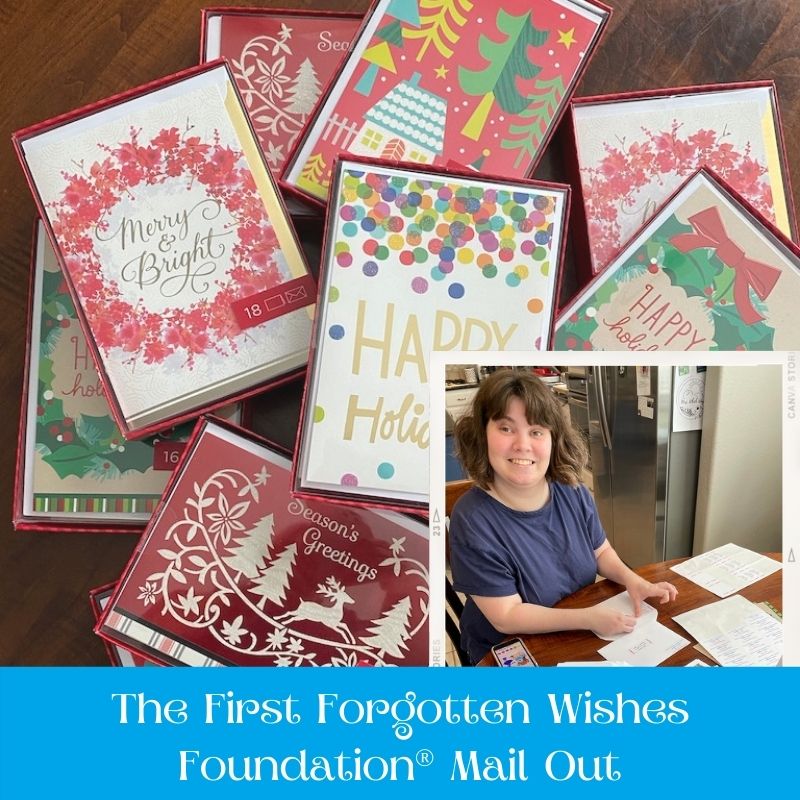
Following Our Hearts
Accomplishing this mission is my new goal. There is so much to do! I was able to finish the first few steps within days of our resolve. We are waiting on our 501(c)3 designation to arrive from the IRS. In the meantime, I created the Forget-Me-Not Friends Club. This club is the first outlet for the Forgotten Wishes Foundation® to start delivering on our mission. It is where people of any age with a disability can register to receive cards and fun stuff in the mail! Legal guardians, parents, and authorized agents may also register someone with a disability. You can find out more on our Forgotten Wishes Foundation® page. Check it out and help us spread the word. You can even donate to support our efforts on our page.
